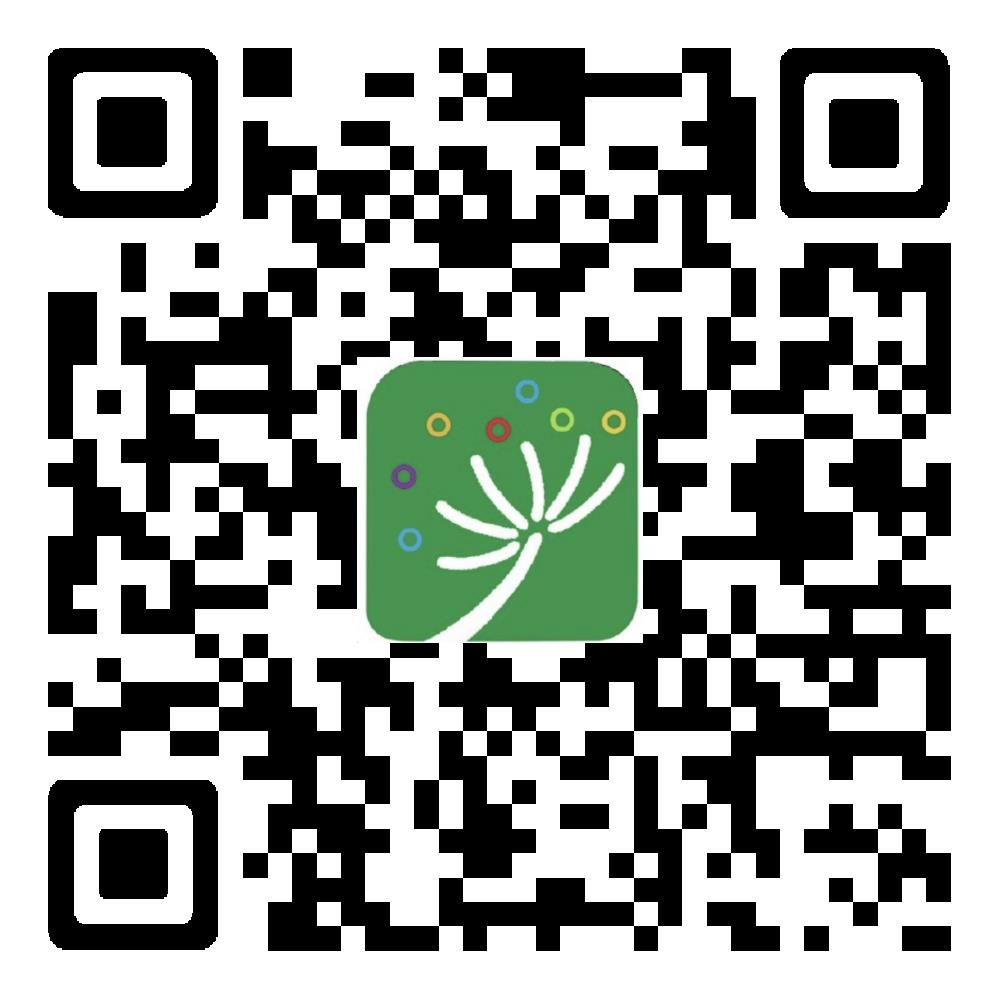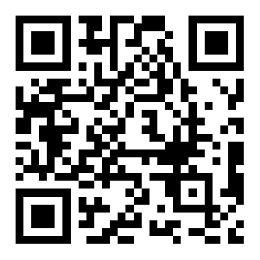Recently, the Opinions on Improving School Incident Management Mechanism to Maintain Order in Schools were jointly issued by five national authorities – the Ministry of Education, Supreme People’s Court, Supreme People’s Procuratorate, Ministry of Public Security and Ministry of Justice, which identifies acts that cause illegal disruptions in schools (“Xiaonao”) and specifies measures to deal with these behaviors. On the morning of August 20, the MOE introduced this official document at the first session of its autumn series of press conferences.
According to Deng Chuanhuai, Director of the MOE Department of Policies and Regulations, inspired by tried and tested measures used for handling "disruptions in medical environments", the Opinions set out a complete system for handling school related disruptions with measures such as strengthening prevention to reduce accidents, improving dispute settlement procedures, cracking down on school disturbances by strict law enforcement, and promoting multi-sectoral cooperation.
The regulation first lists eight types of punishable offences on campus that can be described as “school disruptions”: (a) assaulting or deliberately injuring others, and deliberately damaging public and private property; (b) occupying and damaging school buildings and facilities; (c) installing barriers in front of schools, hanging banners and spraying words on walls, setting off firecrackers, playing somber music, laying funeral wreaths, spilling dirt, cutting off power or water, and blocking school gates, offices and roads; (d) bringing dead bodies onto school grounds or to any other public space; (e) unlawfully restricting the personal freedom of the faculty, staff and students by, for example, not allowing them to leave the workplace; (f) stalking and harassing school leaders, or insulting and intimidating the faculty, staff and students; (g) bringing inflammable and explosive dangerous goods or controlled equipment into schools; and (h) other acts that disrupt order in school or infringe upon the rights and interests of others.
The regulation states clearly that disruptive behaviors in schools that are serious enough to be considered crimes, such as picking quarrels and making trouble, assembling a mob to disrupt social order (including public and traffic order), intentionally or recklessly destroying property, false imprisonment and intentional injury, will be subject to severe criminal punishment. Once such behaviors are reported, the public safety departments shall promptly conduct investigations and the people’s procuratorates will promptly approve the arrest of the suspects and prosecute them for crimes in accordance with the relevant laws. Those who deliberately exacerbate any trouble, instigate others to take illegal action against schools, the faculty and staff, and students, or engage in extortion and harassment in the name of dispute settlement entrusted by others, will also be severely punished according to law.
The guidelines also stress the importance of prevention, requiring schools at all levels to remove the sources of risk to safety by raising awareness of putting prevention first, establishing safety standards and risk inspection, prevention and control mechanisms, and enforcing accountability.
“Due to the lack of a sound dispute settlement and loss compensation mechanism, a few aggrieved parents resorted to violence and other illegal behaviors against schools for the highest possible compensations”, said Deng. In this respect, the regulation requires that any loss suffered by parents because of school injustice or malpractice should be compensated whether parents claim for it or not, and urges schools to establish diversified insurance-based compensation mechanisms and take active measures such as negotiation, mediation and bringing a lawsuit to resolve disputes.
On the other hand, the regulation also prohibits unreasonable compensation made by schools simply to avoid disruptive action. It notes that schools should not pay compensation unless the grounds and responsibility of the school are clear. To prevent some government officials from overburdening schools with responsibilities simply to ease grievances, it also states clearly that no organizations or individuals are allowed to illegally interfere in dispute settlement. In addition, in dealing with lawsuits for accidents implicating poor school safety, the people’s courts are also required to give lawful verdicts without forcing schools to pay compensation beyond their responsibilities based on one-sided arguments.
The guidelines emphasize the role of public security departments, calling on them to enhance safety risk control in schools and neighboring areas, provide timely responses and information to prevent rumors, reinforce legal education to cultivate an environment of respect for the law, and establish coordination mechanisms, such as the joint conference system for school safety in coordination with educational authorities at and above municipal level.
The document also requires that schools refrain from restricting or canceling interclass activities, sports activities and social activities for the sake of preventing accidents.



